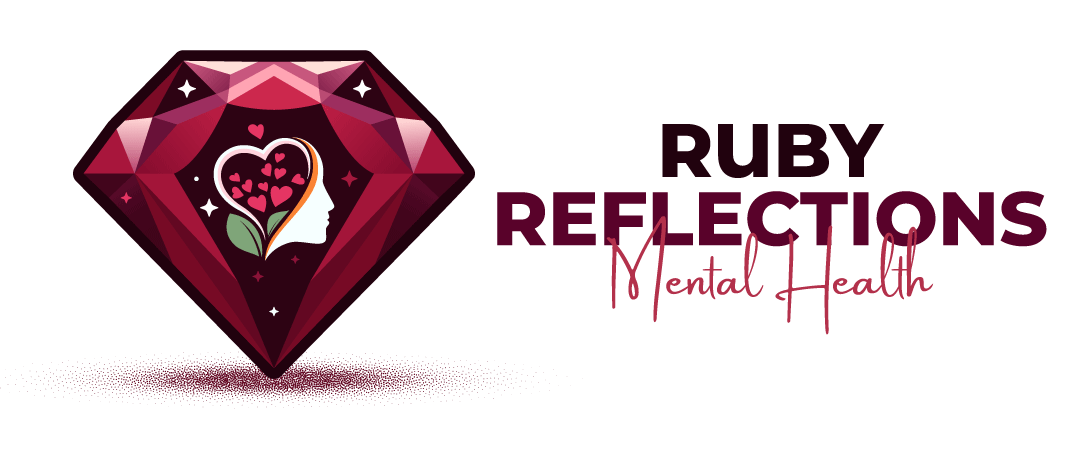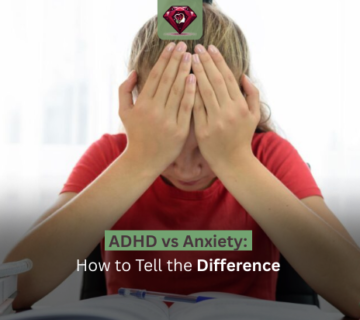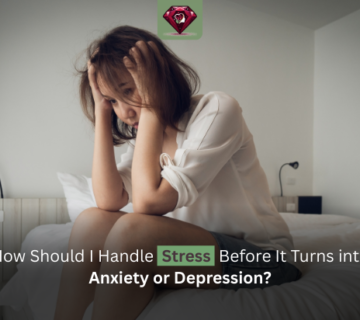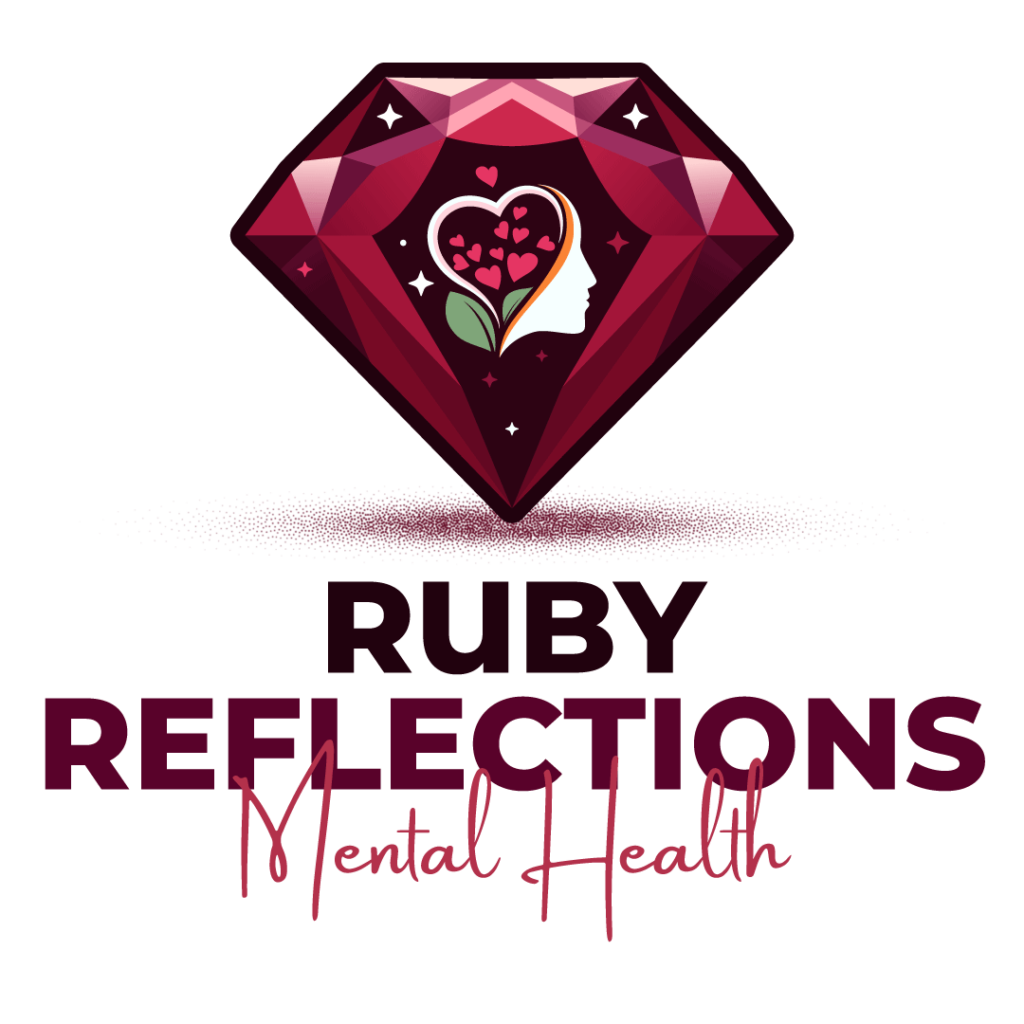Most people assume anxiety is a daytime problem. But for many, the struggle also begins when everything else goes quiet.
Night-time anxiety is a real thing, it’s common, and it’s got nothing to do with your willpower. Here’s why it happens and what works to stop it.
Why Your Mind Races When You Try to Sleep
You stay busy all day, with work calls, errands, and texts, which are constant activities keeping your brain engaged.
Then you get into bed, and all the noise stops. Now, it’s just you and your thoughts. Every worry you had been pushing aside during the day crept back to your mind.
They were always there; you could not hear them over everything else.
Your brain takes advantage of this silent period to mull over the situations of the day, invariably picking the very worst moment to tackle issues.
How Your Body Works Against Sleep
The human body works on natural rhythms that govern sleep and wakefulness.
Daytime stress hormones, such as cortisol, keep you more alert. At night, they should drop to help you wind down.
Anxiety throws off this normal cycle. Rather than going down, sometimes cortisol levels begin to rise at the time of going to bed. You will be wired when you should be tired.
Several physical factors add to anxiety at night:
- Blood sugar drops after dinner, causing jittery feelings
- Just before sleep, there is a natural dip in body temperature, which can lead to anxiety
- Hormonal changes affect your nervous system
- Physical fatigue can actually make the mind more restless
These biological changes and the psychological transformation from activity to stillness create the optimal situation for developing anxious thoughts.
The Cycle That Keeps You Awake
Having a few sleepless nights from anxiety will create a new problem. You start worrying about sleep time in itself, developing anxiety over being anxious.
This anticipatory anxiety forms a self-reinforcing cycle. It can become difficult to break. Your bedroom goes from a place of rest to a source of stress.
Common patterns that develop include:
- Checking the clock repeatedly throughout the night
- Calculating how little sleep you’re getting
- Worrying about feeling tired the next day
- Associating your bed with frustration instead of comfort
- Lying awake longer because you’re trying too hard to sleep
Every night that does not yield sleep only consolidates fears of being able to sleep, hence making the next attempt even more difficult.
Methods for Reducing Nighttime Anxiety
These evidence-based strategies assist in resetting the mind and body for improved sleep.
Maintain a consistent relaxation schedule:
- Set aside electronic devices 1-2 hours prior to bedtime
- Lower the lights all over the house during evening hours
- Do quiet activities such as reading or gentle stretching
- Give the brain 30-60 minutes to wind down from high activity to a restful state
Practice the brain dump method:
- Keep a journal beside your bed
- Write out tomorrow’s to-do list and worries before lying down
- If thoughts come up, write them down to deal with later
- This lets the mind let go of worry because it’s written down on paper
Use controlled breathing exercises:
- Try the 4-7-8 method of breathing: Breathe in for four counts. Hold the breath for seven counts, exhale for eight counts
- Box breathing: Inhale four, hold four, exhale four, hold four
- Work on having your exhale be longer than your inhale
- This activates your body’s natural relaxation response
Consistency is important. Pick one or two techniques that you think are easy to maintain and do them consistently.
When You Should Get Professional Treatment
While self-help works, persistence of nighttime anxiety may be a symptom of conditions that should best be managed through the intervention of professionals.
Such professionals include mental health experts who may apply specific treatment strategies directed toward your condition.
A good psychiatric provider or a PMHNP will help in the diagnosis of generalized anxiety disorder, panic disorder, or any related and treatable conditions that may be disturbing your sleep at night.
The treatment will attack the root cause; it doesn’t work based on managing symptoms and offers long-term solutions for sustainable sleep improvement.
Consider professional help if you experience:
- Sleep disturbance that goes beyond two or three weeks
- Severe anxiety that feels unbearable
- Physical symptoms like chest pains, fast heartbeat and shortness of breath
- Feelings of hopelessness about improving your sleep
- Being dependent on sleep aids or alcohol to fall asleep
Treatment can include:
- Psychiatric evaluation
- Medication management, if it’s needed
- Supportive psychotherapy
- Other specialized treatments for anxiety
Get Started
Nighttime anxiety is a common experience that responds well to the right approach.
You can start with new habits or get expert help, but doing something is key. Good sleep matters for your body health, mood, and daily work.
You should feel at ease and safe when you lie down to rest at night.
Ruby Reflections Mental Health specializes in treating anxiety and sleep disorders through convenient telehealth services.
Our providers understand how nighttime anxiety impacts every aspect of your life and work with you to develop effective care plans.
You shouldn’t let another sleepless night compromise your health.
Schedule your appointment today.
FAQ
What to take for anxiety at night?
Natural options may be:
- Chamomile tea
- Magnesium supplements
- Melatonin
See a healthcare provider first to discuss prescription options and see what suits you best.
Why does anxiety come in the evening?
With no distractions of the day, varying cortisol levels and having more conscious time to think about worries that have been kept at bay during the daytime, evening anxiety sets in for most people.
What is the fastest relief for anxiety?
- Deep breathing exercises
- Progressive muscle relaxation
- Grounding techniques
- In the long term, professional support can be very beneficial






